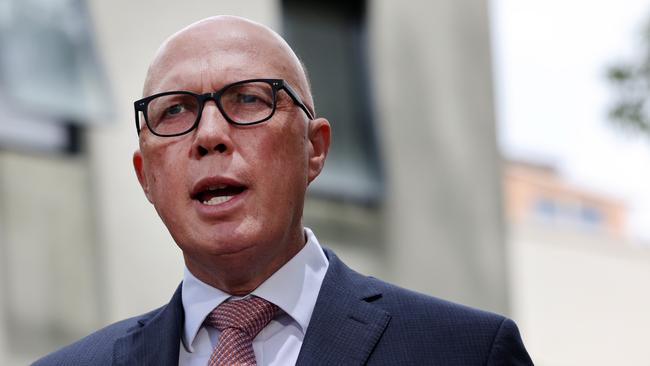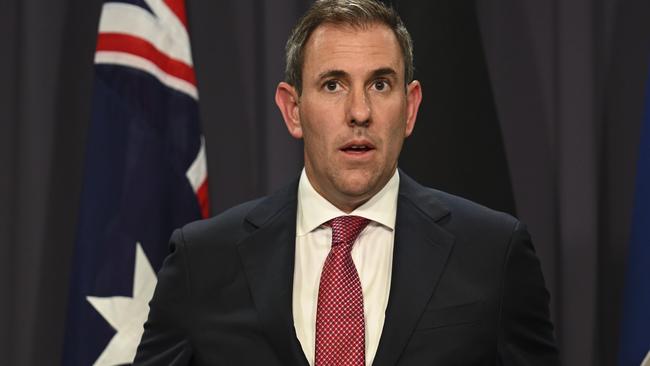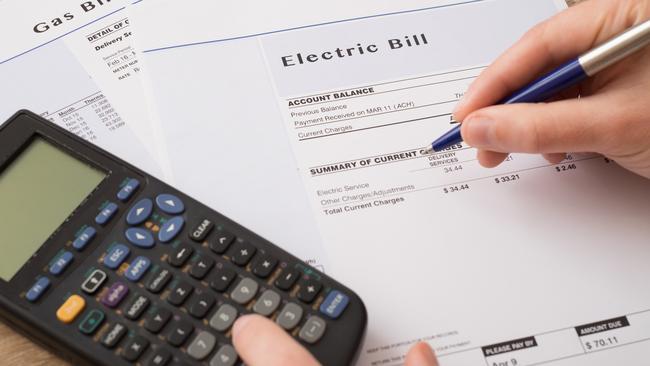Labor to consider more cost of living relief in the May budget
Labor has left the door open to more cost of living measures that “take the edge off inflation” like power bill relief and cheaper childcare, but is unlikely to consider fuel excise changes due to petrol price “volatility”.
National
Don't miss out on the headlines from National. Followed categories will be added to My News.
Labor has left the door open to more cost of living measures that “take the edge off inflation” like power bill relief and cheaper childcare, but is unlikely to consider fuel excise changes due to petrol price “volatility”.
The federal government will consider more assistance for struggling Australian households ahead of the May Budget, but Opposition leader Peter Dutton has accused Anthony Albanese of having “not a clue as to what he is doing” on cost of living.
“The cost of food … gas, the cost of electricity, and every other item under the (household) budget is putting pressure on families,” Mr Dutton said.
“The Prime Minister is out there saying he’s now asking Treasury and Finance to come up with ideas about how they can address people’s cost of living pressures, that’s what he promised to do before the election.”
Treasurer Jim Chalmers would not reveal what areas of support were under consideration, but argued Labor had shown it was willing and able to “take some of the sting” out of living costs.

“If there’s more that we can do in a responsible and affordable way in the May budget, then obviously we’ll consider that,” he said.
Asked if he would rule out any measures, such as slashing the fuel excise, Mr Chalmers suggested dramatic shifts in petrol prices made it difficult to intervene.

“There’s real volatility in the petrol price,” he said, noting costs had ranged from about $2.20 per litre at the end of last year to currently about $1.75 in some areas.
“Our focus here is to roll out cost of living relief in a way that takes some of the edge off inflation, rather than add to it.”
Monthly Consumer Price Index data due on Wednesday is expected to show Australia’s inflation slowed in November, down from 4.9 per cent in October.
But Mr Chalmers warned the experience of economies overseas showed inflation might not fall in a consistently straight line.
“We can see that even though inflation is moderating overall, and over time, we can get these zigs and zags,” he said.

AMP Capital chief economist Shane Oliver said extending electricity bill relief was a potential option to help households without raising inflation expectations.
“Even with the energy bill relief most customers saw a rise in their bill, but it would have been more,” he said.
“Even though money was being spent by the government, it didn’t trigger a spending spree by households.”
Mr Oliver said it would be “difficult” for Labor to find areas for cost of living assistance beyond the measures already implemented last budget, which along with power bill relief included increased childcare subsidies and rent support.
“There’s five months for the government to look into this, and the pressure is on them to do something because the May budget is likely to be in surplus again, and part of that is being financed by households paying more tax.”





